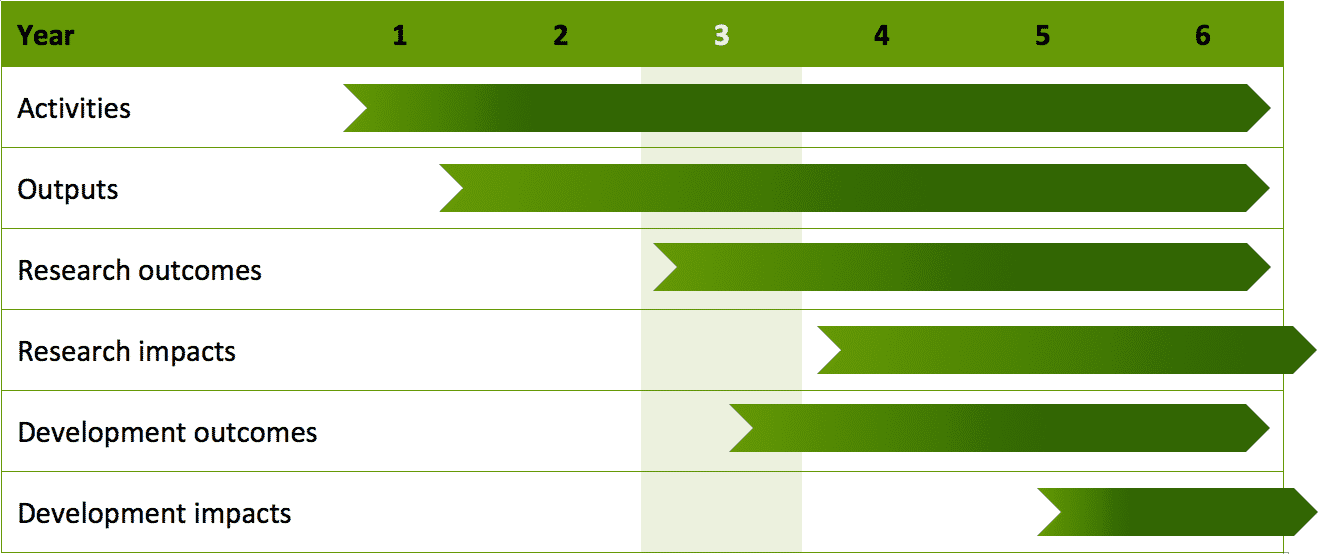The multidisciplinary and adaptive approach of TADEP intended to dispel the sometimes siloed approach to research, policy and development practice, recognising the value of a systems-thinking methodology to address intrinsically interconnected and complex challenges. Whilst the PNG context was the commonality between the five impact-focused research for development (R4D) projects within TADEP, the projects were otherwise diverse in research subject and goal.
In partnership with multiple institutes in PNG, each of the projects had a legacy of research which TADEP sought to build upon, or transform–as per the implicit transformative nature of the program. A critical element of this transformative agricultural research was also how it enables economic development opportunities, ultimately transforming the lives of rural men and women in PNG.
TADEP derived its name from, for example, the ability of women’s groups to transform themselves and their businesses from subsistence to small enterprise; that sweetpotato can be transformed from a subsistence crop to a cash-crop for urban markets and also as a raw material for new products, that cocoa can be transformed from an opportunistic forest crop to an intensive and profitable garden crop; and that standing plantations of galip nut can be transformed into the basis of a new industry. Transformation and enterprise development, especially though women’s groups and the private sector, were the essence of the program.
The impetus for scaling up and scaling out of the project’s successful innovations was enabled by private sector involvement at various points along the value chain, from increasing productive capacity to market development and access. This intended to achieve economic benefits, especially increased employment and incomes in rural areas, and enhanced rural–urban supply chains. It worked in the sectors of greatest benefit to rural communities, and has a particular focus on the empowerment of women, and commodities that can be brought to market.
In line with the increased emphasis on gender and youth in both Australian and PNG government policies, and because of the experience in many commodity projects of male-dominated farmers’ groups, new skills were needed to engage with men, women and youth in communities, to support and build their contribution to their families and their community. One of the five TADEP project’s focused, specifically on empowering women and rural families to engage in a range of agriculture-based economic activities and acted as a source of ideas and approaches for the other projects.
The role of TADEP was to facilitate opportunities for cross-program collaboration and capacity building, deliver a coherent and coordinated communications strategy, develop and maintain a program-wide participatory monitoring and evaluation framework, and ensure that the guiding principles of genderequity and private-sector led development were embedded across all program-level activities. The success of TADEP as a program were judged in part by:
- the extent to which it delivers value beyond the sum of the component projects, and
- the extent to which the projects contribute to the overall TADEP performance indicators.
Ultimately, TADEP sought to embody the agricultural research for development (R4D) methodology where emphasis is placed on the impact of the research, rather than just the output, which was afforded by the diversity, design, geographical spread and scalability of the five component projects.
A series of short videos were developed midway through the program to demonstrate how each of the five TADEP component projects were contributing to the five higher-level program objectives, reflected in the themes below.
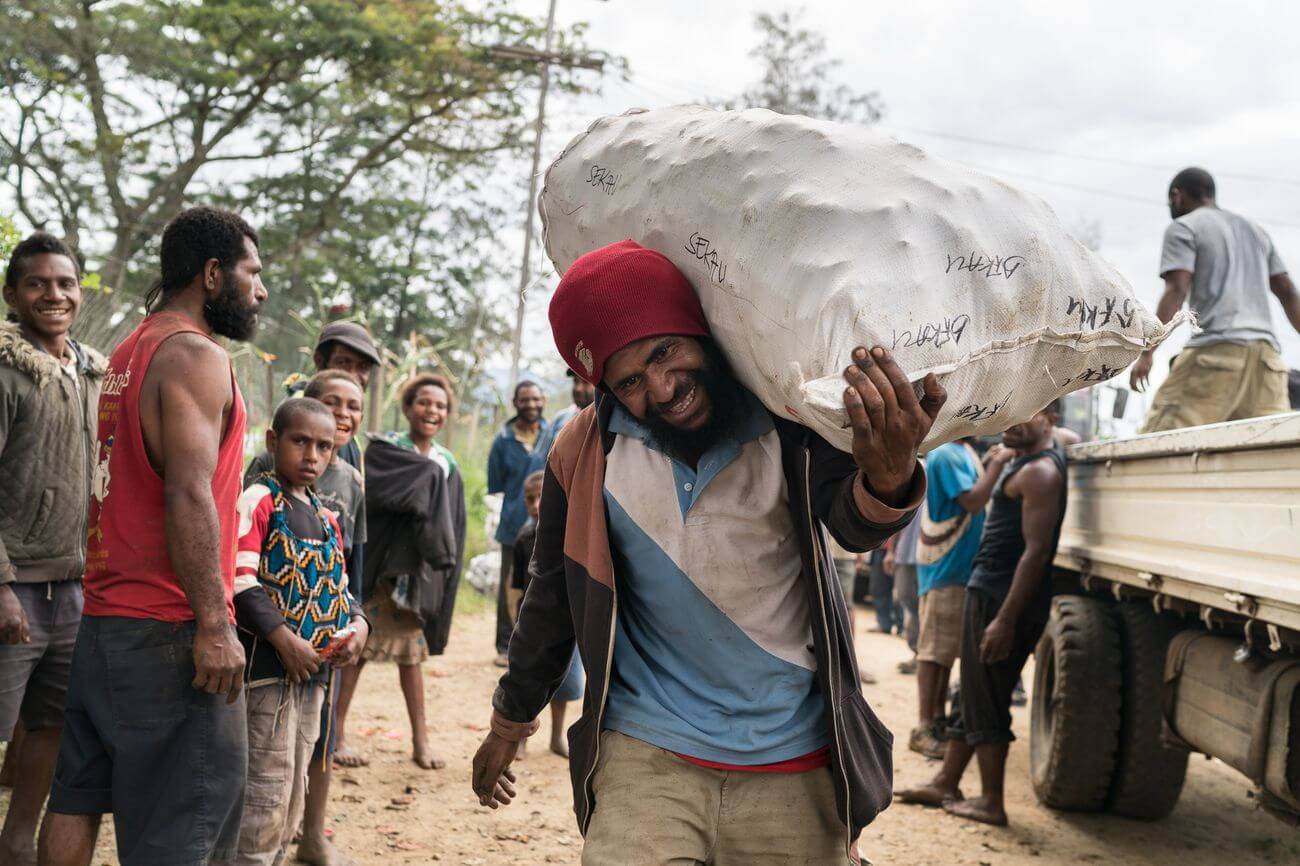
To stimulate and strengthen inclusive private sector-led development in agriculture
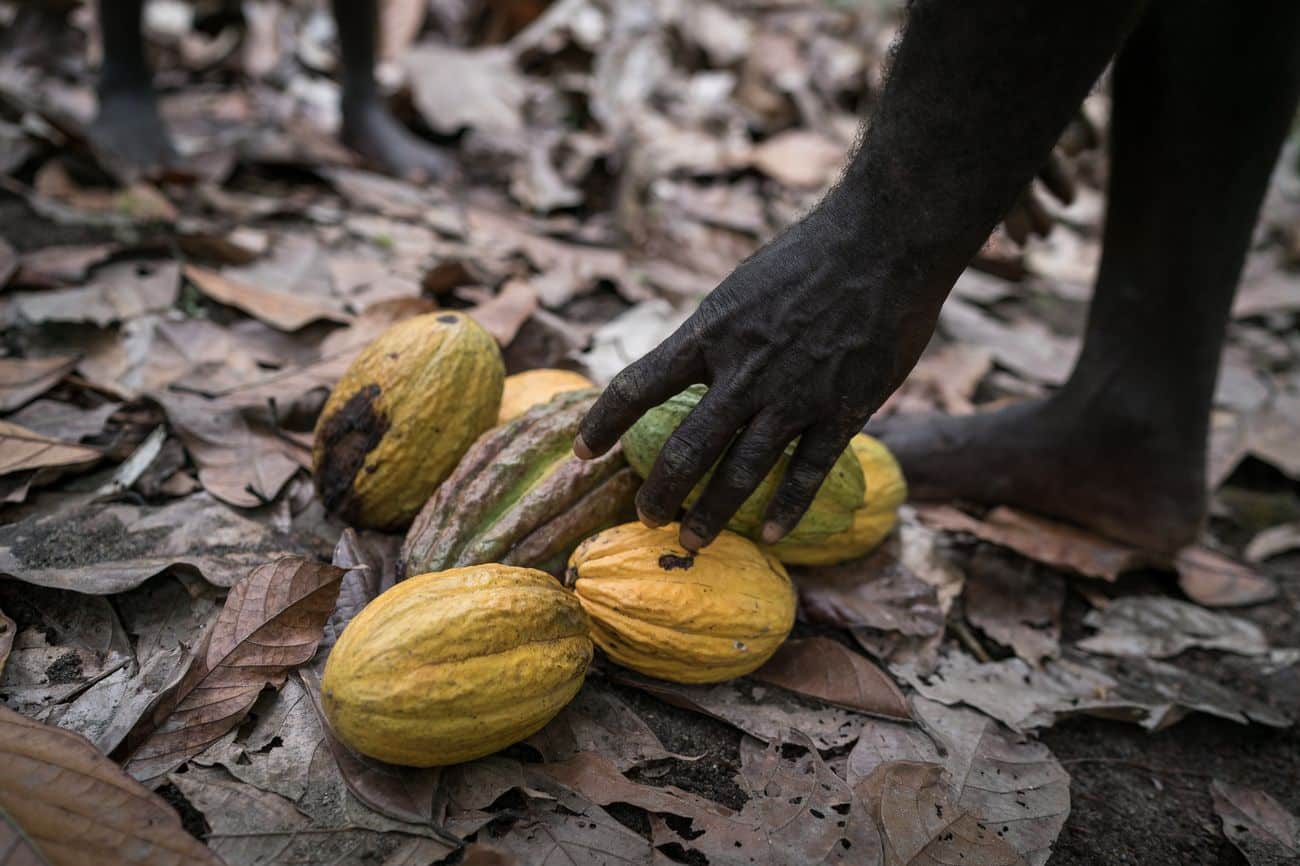
To sustainably increase agricultural productivity, quality and value
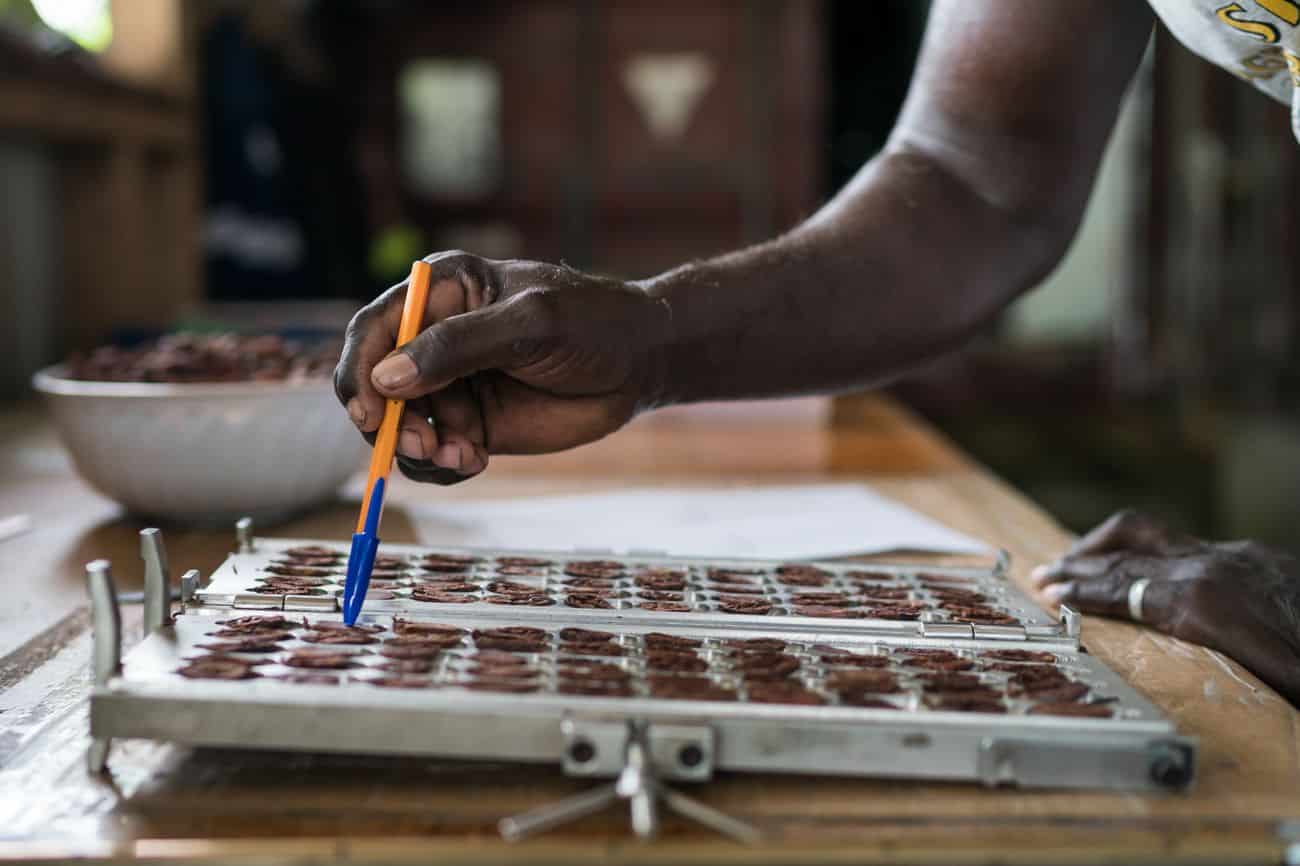
To improve access to markets and strengthen value chains
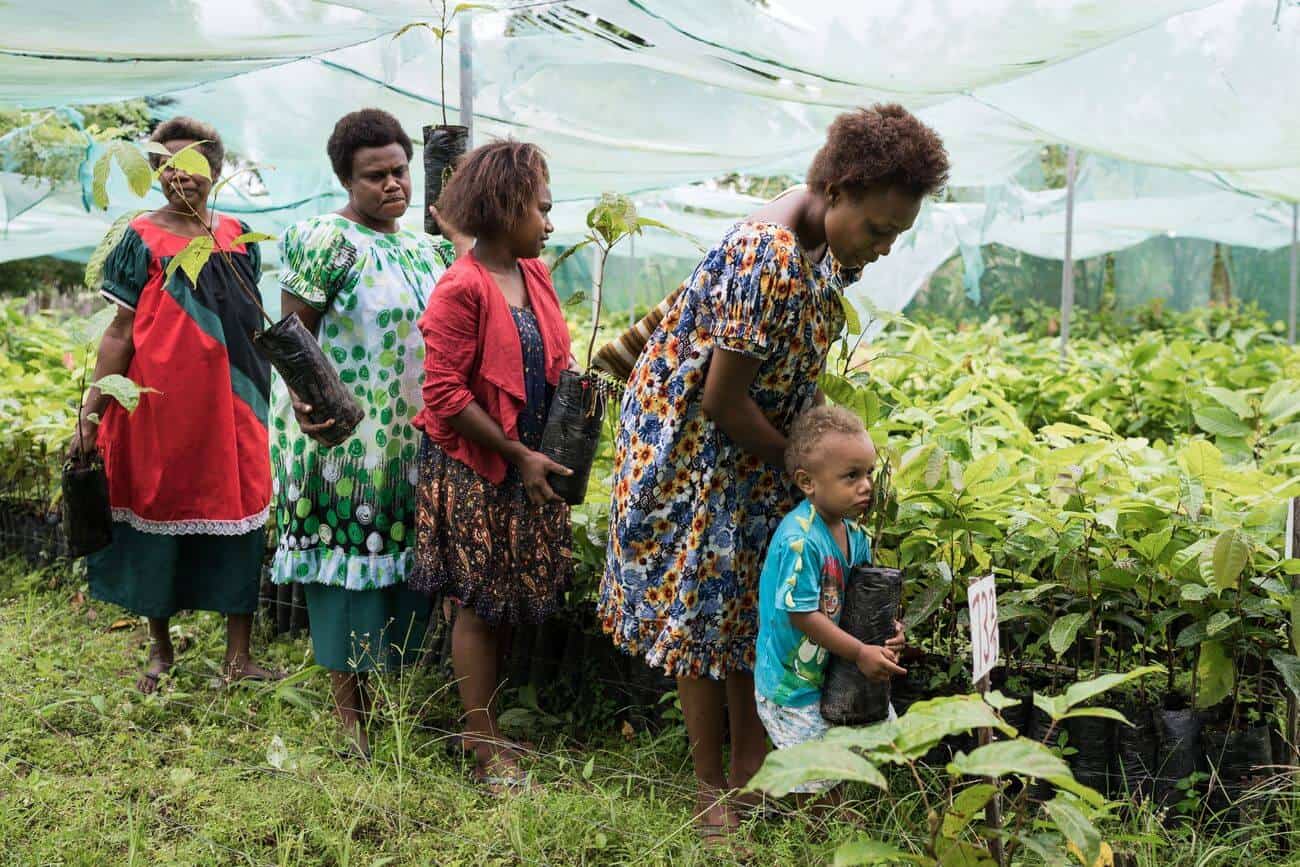
To promote gender equity and women’s empowerment in rural communities
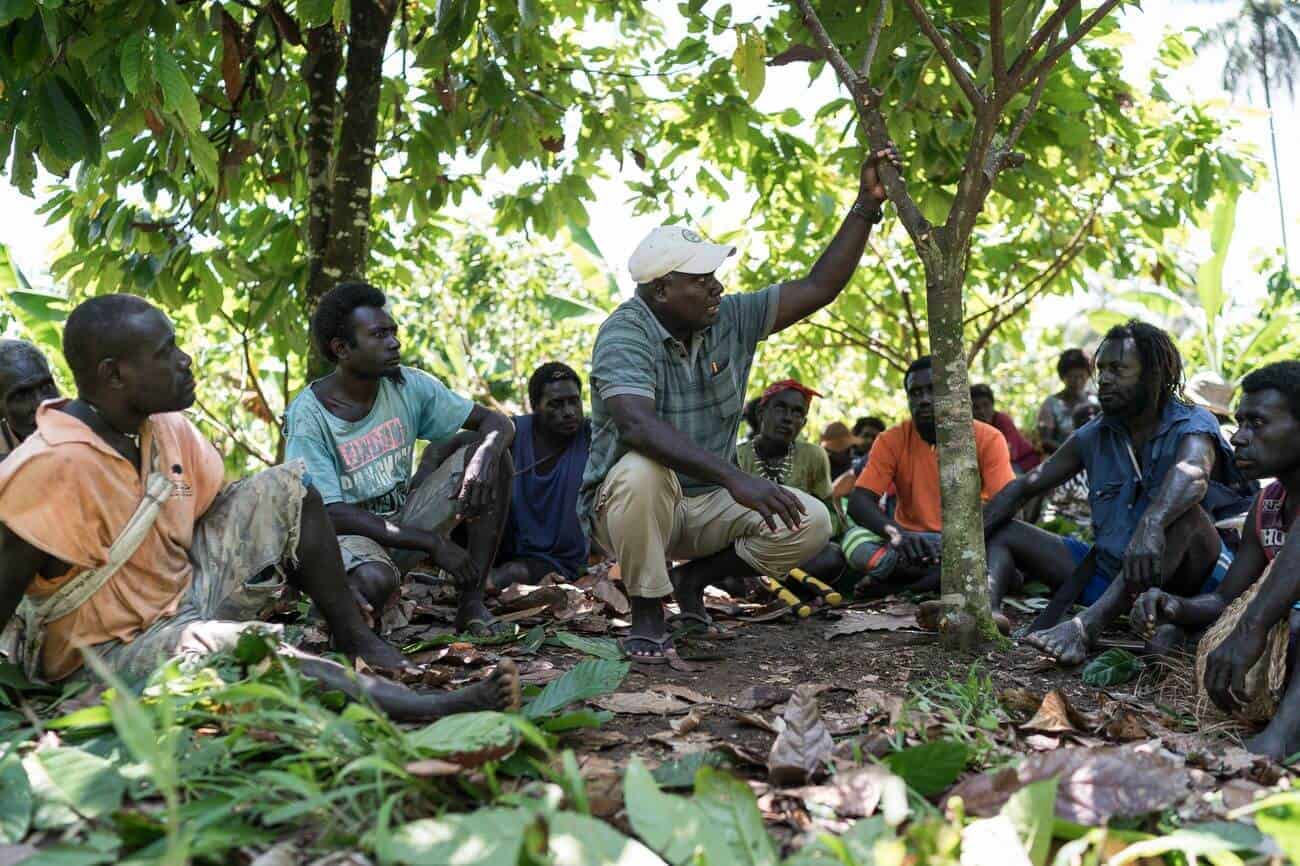
To build individual and institutional capacity


